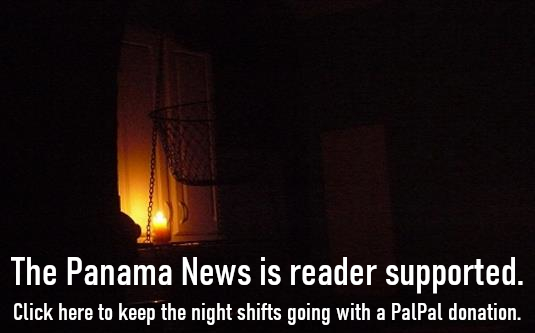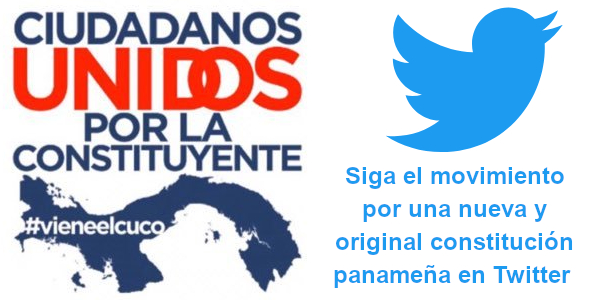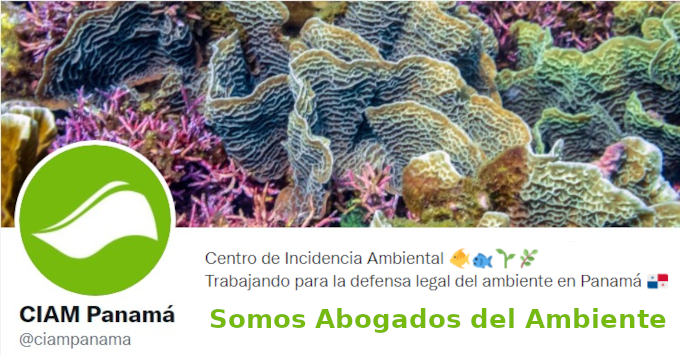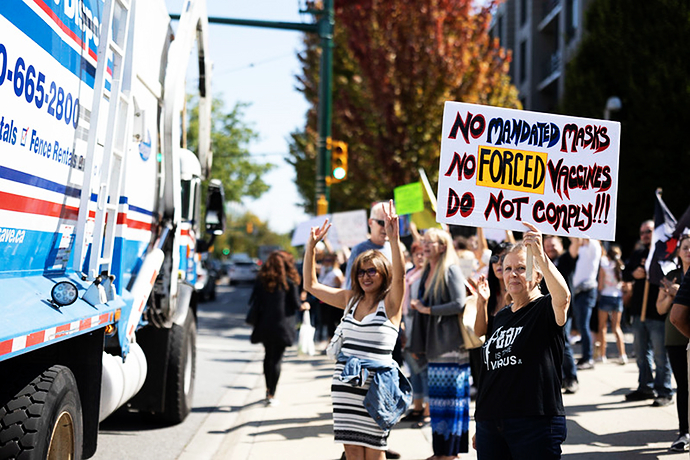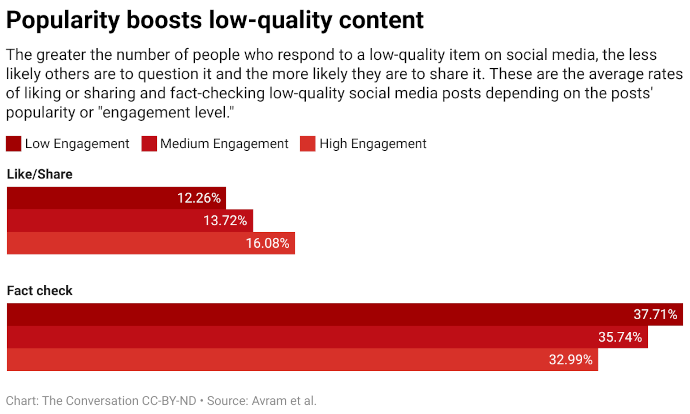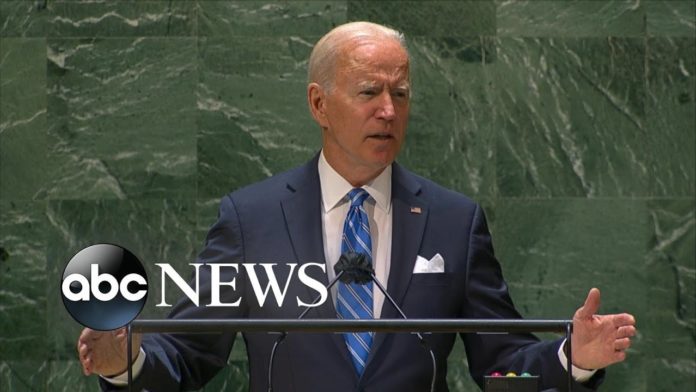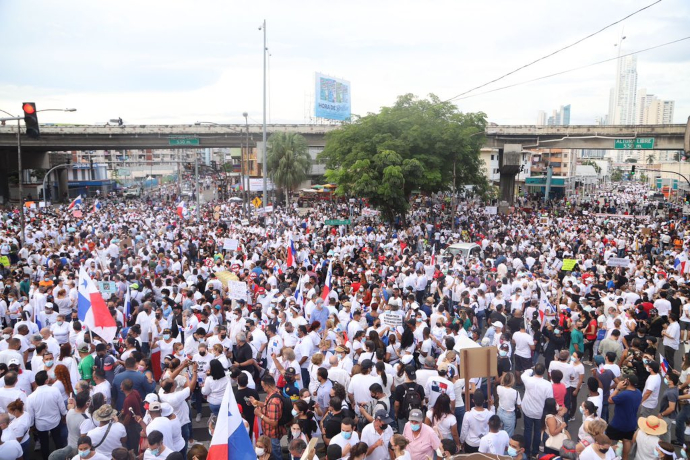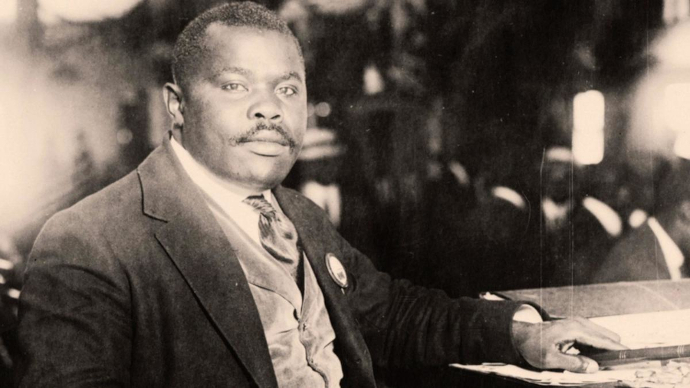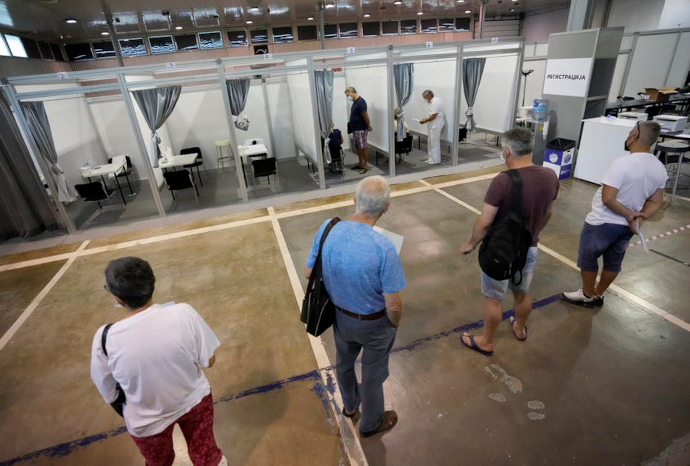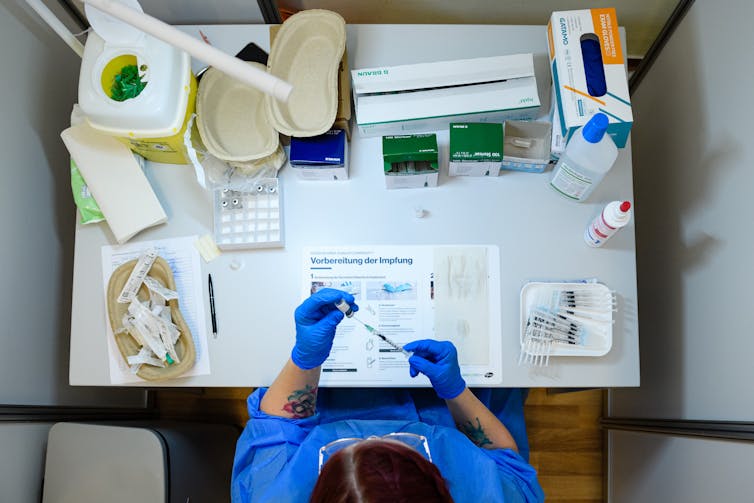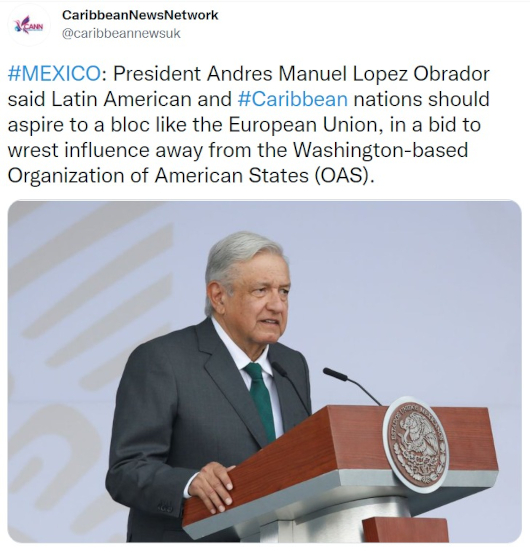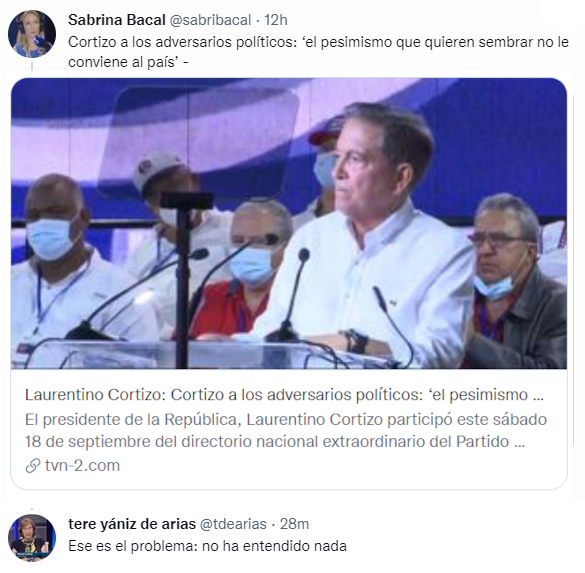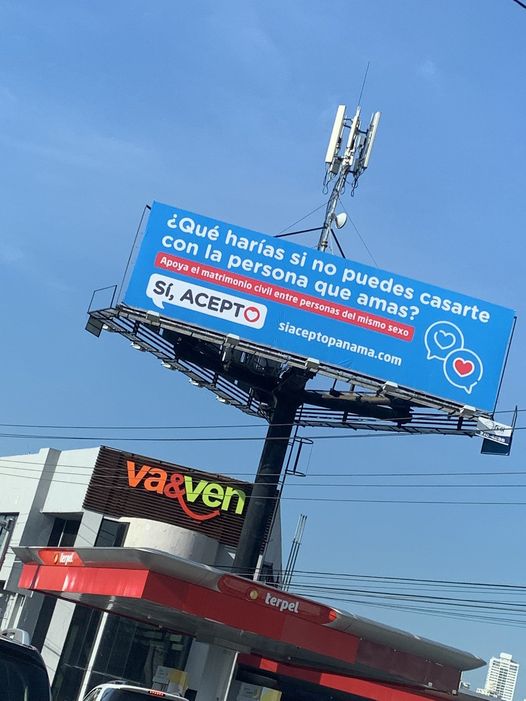Summary in English and full text in Spanish below.
Resumen en inglés y texto completo en español a continuación.
Summary by the UN General Assembly
LAURENTINO CORTIZO COHEN, President of Panama, said the pandemic has struck all nations equally, revealing deeply rooted inequalities. The path forward must be guided by solidarity. “Our decisions today matter,” he insisted. For its part, Panama is working to build an inclusive and sustainable future. He drew attention to his call for a national dialogue, with a view to taking wise decisions that would outlast any Government. Titled “The Bicentennial Pact: Closing Gaps”, it acknowledges that all must contribute to creating a country that is more inclusive and united. Former United Nations High Commissioner for Human Rights Michelle Bachelet called it “a great opportunity”.
Acting with foresight, Panama procured safe vaccines for the entire population, he continued, and is now only weeks away from achieving collective immunity. However, the goal must be global immunity. The Government has prioritized delivery of food and basic inputs to those who lost their income due to the pandemic, and coordinated a plan which transferred funds to those in need either through digital vouchers or the distribution of food to those in hard‑to‑reach areas. Since March 2020, it has evolved into a social relief plan with shared responsibility, he said, noting that the Economic Commission for Latin America and the Caribbean (ECLAC) cites Panama as one of two countries which reduced extreme poverty indices in 2020.
He pointed to irregular migration as another challenge, stressing that more than 80,000 irregular migrants crossed into his country in 2021. It received 800 migrants in January, a figure that increased to 30,000 in August, with most of them from the Caribbean and Africa. Providing them temporary shelter, medical assistance and food, Panama dedicates a large part of its limited resources to these tasks. He called on the international community to act quickly, in a coordinated manner and with requisite resources to anticipate a humanitarian crisis of grave proportions. “This is the responsibility of all of us,” he emphasized. “And it must happen now.”
On climate change, he said it is time to dispense with disbelief. “What more do global leaders need to understand this very tragic reality?”, he asked. Noting that Panama is one of three countries classified as carbon neutral, he said it also has the best maritime and air connections in Latin America, and understands that “what is good for the planet, is good for the economy”. It is a global blue leader, participating in an effort to protect 30 per cent of the world’s oceans, a goal it achieved nine years before 2030. In closing, he championed a road map marked by solidarity and human rights, and “broad and honest dialogue” in efforts to bring about peace, provide vaccines to all nations and preserve health. “Enough with our promises,” he said. “The time has come for truth, […] action. Panama is doing its part.
Discurso del Presidente a la ONU
texto completo por la Presidencia
Panamá saluda la celebración de esta septuagésima sexta Asamblea General de las Naciones Unidas, en tiempos de grandes desafíos para la humanidad.
El año pasado, durante mi intervención en la Asamblea General, mencioné que la ruta hacia la construcción de un mundo distinto en la etapa post pandemia, era anticipar acciones que nos permitieran sentar las bases de transformaciones estructurales profundas.
La pandemia nos azotó a todos por igual y a su paso nos ha revelado en toda su crudeza, las profundas desigualdades de nuestras sociedades, no solo a nivel regional, sino también global.
Frente a esta realidad, podemos optar por la alternativa que nos lleva a la división, el conflicto, la indiferencia, o tomar el camino de la unidad y la solidaridad. La pandemia ha puesto en evidencia que en el mundo interconectado de hoy, el único camino para la supervivencia de la humanidad debe ser guiado por la solidaridad.
Nuestras decisiones de hoy importan; tendrán consecuencias buenas, o consecuencias malas, hoy, mañana y a largo plazo.
Panamá, apostó a construir un futuro sostenible e inclusivo, y para ello, aún en medio de la pandemia, convocamos a un diálogo nacional con el propósito de tomar decisiones acertadas que perduren más allá de un periodo de gobierno.
Ese diálogo que hemos denominado Pacto del Bicentenario: Cerrando Brechas, se construyó mediante una amplia consulta, con el apoyo de Naciones Unidas, reconociendo que todos los ciudadanos deben proponer y aportar para sentar las bases de un Panamá más justo, inclusivo y solidario.
A propósito del Pacto del Bicentenario, la Alta Comisionada para los Derechos Humanos de la Organización de las Naciones Unidas, Michelle
Bachelet, expresó lo siguiente, y cito: “Lo que están haciendo en Panamá puede considerarse un ejemplo para muchas otras naciones… Tienen ustedes en sus manos una gran oportunidad”.
La pandemia sometió a las naciones del mundo a desafíos monumentales.
Uno de esos retos es la vacunación, y en el caso de Panamá, nuestro país, actuando con previsión, pudo contratar suficientes vacunas seguras y eficaces para toda su población.
Gracias a ello, estamos a solo semanas de llegar a una inmunidad colectiva. Sin embargo, la meta no puede ser que algunos países lleguemos a la inmunidad de rebaño, cuando el objetivo debe ser que alcancemos una inmunidad global.
Otro gran desafío que enfrenta nuestra región es entregar la ayuda necesaria a la población, en medio de las duras circunstancias impuestas por la pandemia, contribuyendo así a mantener las condiciones de vida y la paz social.
Desde el inicio de la pandemia, nuestro gobierno dio prioridad a la entrega de alimentos e insumos básicos a quienes perdieron sus fuentes de ingreso, especialmente en los segmentos de población más vulnerables. Para ello articulamos un plan con dos iniciativas: una de ellas transfiere fondos a los más afectados a través de vales digitales, y la otra distribuye bolsas de alimentos e insumos a quienes habitan en regiones alejadas de difícil acceso.
Este plan, vigente desde marzo de 2020, ha evolucionado de acuerdo a la dinámica de la pandemia, y en la nueva etapa sus beneficiarios deben escoger entre prestar un servicio social comunitario o capacitarse para el trabajo, mediante cursos ofrecidos por el gobierno. Ahora es un plan de alivio social con responsabilidad compartida.
La efectividad de este programa tuvo el reconocimiento de la Organización de Estados Americanos (OEA) y del Banco Interamericano de Desarrollo (BID). Por otro lado, según la Comisión Económica para América Latina y el Caribe (CEPAL), Panamá es uno de los dos países de América Latina que lograron disminuir los índices de pobreza extrema en 2020, durante la pandemia.
Otro de los retos que enfrentamos muchas naciones es la migración irregular, un fenómeno histórico y constante ante el cual no se puede ser indiferente.
En lo que va del 2021, más de 80,000 migrantes irregulares han atravesado por el territorio panameño. Esta cifra lleva un crecimiento exponencial. Para entender lo dramático de la situación, Panamá, pasó de recibir 800 migrantes en enero de este año, a 30,000 el mes pasado.
La mayoría de estos migrantes, provenientes del Caribe y África, vienen de recorrer varios países en condiciones difíciles. Nuestro país, de manera responsable, respetuoso de los derechos humanos, brinda un trato digno a estos migrantes y les ofrece, por primera vez en su travesía, albergue temporal, asistencia médica y alimentación. A estas tareas dedicamos una parte importante de nuestros limitados recursos.
Panamá, hace su parte. Apelamos a la comunidad internacional para hacer, lo más pronto posible, un esfuerzo conjunto, con estrategias coordinadas y recursos para anticipar una crisis humanitaria regional de graves proporciones. Esto es una responsabilidad de todos.
El desafío más grande que nos queda por enfrentar, después de la pandemia, es el cambio climático.
La incredulidad existente sobre el cambio climático y sus efectos debe ser historia. Todos los grandes problemas que afronta nuestro planeta están relacionados con el cambio climático.
¿Qué más necesitan los dirigentes del mundo para entender esta dramática realidad?
También en este tema, Panamá, está haciendo su parte. Somos uno de los tres países del mundo clasificado como “carbono negativo”, repito, uno de los tres países carbono negativo, del mundo.
En Panamá, el país con la mejor conectividad marítima y aérea de América Latina y el Caribe, en este país de tránsito con vocación logística, hemos entendido que lo que es bueno para el planeta es bueno para la economía.
Los panameños, hemos asumido la responsabilidad de haber sido bendecidos con una de las mayores biodiversidades del mundo. Panamá, es Líder Mundial Azul, cumpliendo con la Iniciativa 30×30 de proteger el 30% de nuestros océanos, meta que alcanzamos 9 años antes de la fecha fijada para el 2030.
Panamá, se ofrece una vez más como puente para aproximar a las naciones, buscar soluciones comunes a los problemas y enfrentar los desafíos regionales y globales. Podemos hacerlo, con una hoja de ruta marcada por la solidaridad y el respeto por los derechos humanos.
Podemos hacerlo, a través del diálogo amplio y honesto, enfocando el esfuerzo internacional en mantener la paz social, en dotar de las vacunas necesarias a todos los países, para salvar vidas, preservar la salud y encaminarnos todos, lo más pronto posible, a la recuperación económica global. Para todos estos grandes retos, el futuro es ahora.
Panamá está haciendo su parte.
Contact us by email at / Contáctanos por correo electrónico a fund4thepanamanews@gmail.com
To fend off hackers, organized trolls and other online vandalism, our website comments feature is switched off. Instead, come to our Facebook page to join in the discussion.
Para defendernos de los piratas informáticos, los trolls organizados y otros actos de vandalismo en línea, la función de comentarios de nuestro sitio web está desactivada. En cambio, ven a nuestra página de Facebook para unirte a la discusión.
~ ~ ~
These announcements are interactive. Click on them for more information.
Estos anuncios son interactivos. Toque en ellos para seguir a las páginas de web.
